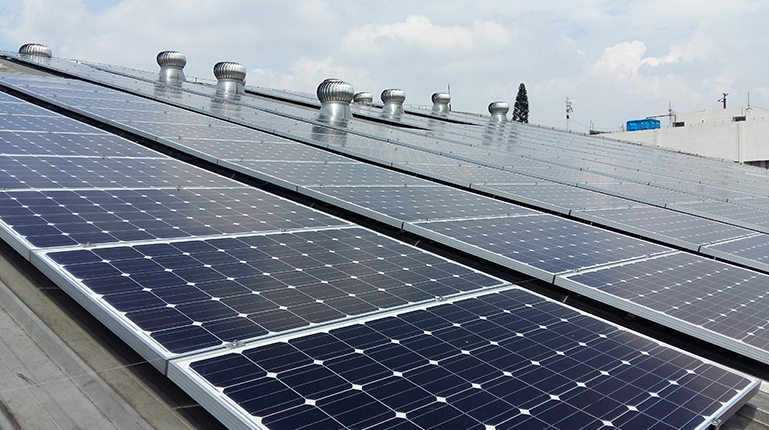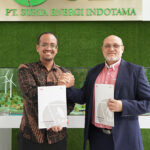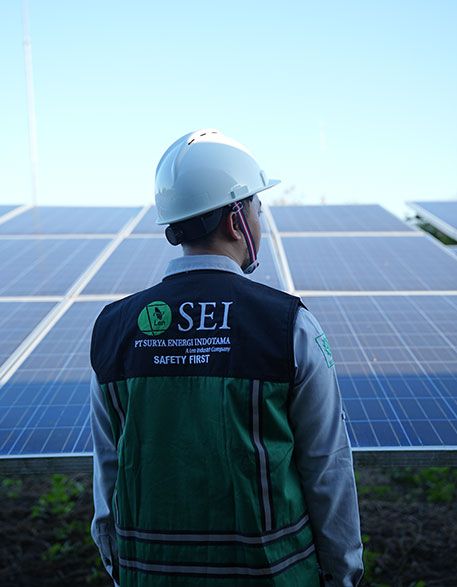
European Union Makes History: Solar Power Plants Replace Coal as Main Source of Electricity
For the first time in history, solar power production in the European Union has surpassed coal-fired power plants. A recent report released by the climate thinktank Ember shows that by 2024, solar power will contribute 11% of total electricity production in the European Union. In contrast, coal-fired power plants' contribution will shrink to 10%, indicating a significant decrease in dependence on fossil fuel sources.
This figure may seem small, but its success in overtaking coal, which has been the backbone of the energy industry for centuries, is an achievement that deserves a thumbs up.
This phenomenon marks the acceleration of the clean energy transition in Europe, driven by increasing solar power capacity and policies to reduce dependence on fossil fuels.
The European Union is on track to achieve its ambitious target of having an installed solar power capacity of 400 gigawatts (GW) by 2025. Awesome!
Driving Factors for Solar Energy Growth
Some of the key factors driving solar energy’s surge over coal include:
1. Large Investments in Renewable Energy
The European Union has been aggressively building solar power generation capacity in recent years, especially in countries such as Germany, Spain, and the Netherlands.
2. Declining Coal Use
Europe’s coal consumption has steadily declined since 2018 due to stricter environmental policies and rising carbon prices, making coal-fired power plants less competitive.
3. Impact of the Global Energy Crisis
Russia’s invasion of Ukraine in 2018 caused a spike in energy prices and prompted European countries to accelerate the transition to cleaner, more sustainable energy sources.
Positive Impacts for the Environment and Economy
Solar’s success in outperforming coal brings several benefits to the environment and the EU’s economy. With more clean energy being produced, carbon emissions can be significantly reduced, supporting the emission reduction targets set in the Paris Agreement. In addition, the EU’s dependence on fossil fuel imports is reduced, increasing energy resilience amid geopolitical uncertainty.
However, challenges remain, especially in terms of infrastructure and grid stability. Intermittent solar energy requires more sophisticated storage and distribution systems to be optimally utilized.
With this trend, renewable energy is expected to continue to grow, while the role of coal in the EU's energy mix will continue to shrink. This success is clear evidence that the transition to clean energy is not only possible but also increasingly inevitable.
Source: https://nationalgeographic.grid.id/





